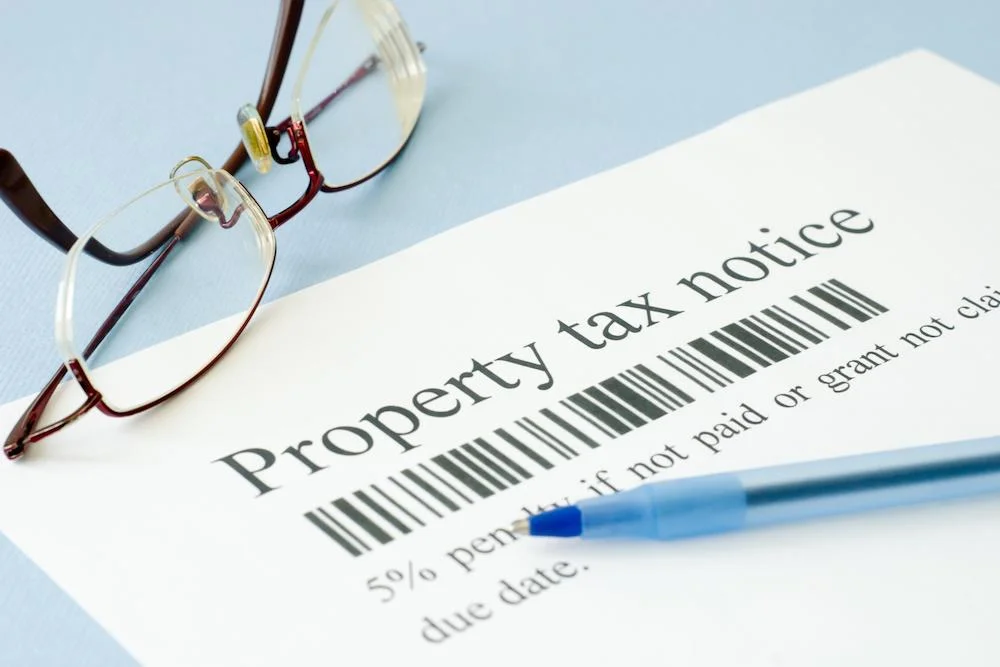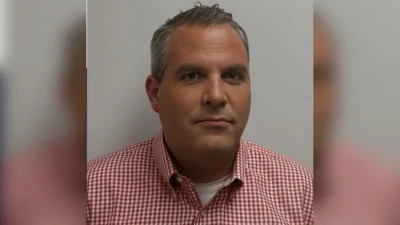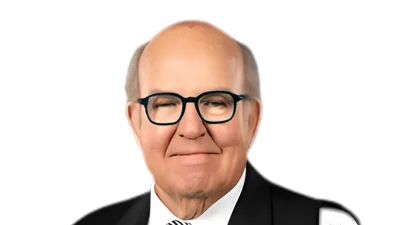The Tax Education Foundation (TEF) – Iowa published a county tax index comparing property taxes of all Iowa counties and cities in order to educate residents on the tax status of their communities.
Each county was given a score based on three criteria: change in rural and urban property tax rates; change in property tax revenue relative to inflation and population growth; and change in the total revenue per resident. The scorecard gave each city or county one point for a decrease, zero points for no change and negative one point for any increase. Each individual point was tallied and calculated the final rankings.
Policy director of TEF – Iowa John Hendrickson said the TEF collected available state data to determine how property taxes have either grown or reduced over time, hoping the index is used as a resource for those concerned with property taxes.
“Property taxes are fairly high in Iowa, and a lot of people in our state are very concerned about this,” Hendrickson told Hawkeye Reporter. “This is just an effort to add some transparency and provide some information to people who are concerned about property taxes.”
Counties and cities that were given the highest score possible of four were Black Hawk, Buchanan, Clarke, Clinton, Grundy, Lee, Mills, Monroe, Page, Story, Warren and Worth. The lowest possible score of negative four was given to Allamakee, Audubon, Buena Vista, Calhoun, Crawford, Davis, Fremont, Jefferson, Mahaska, Poweshiek, Ringgold, Winnebago and Wright.
Hendrickson described how during the TEF’s last session, the Iowa Legislature approved a property tax accountability and transparency measure very similarly structured to Utah’s Truth in Taxation Law. This law requires cities and counties to be “more transparent in terms of the budget process.” If a city or county seeks a property tax increase, they must hold a hearing. And if they would like to increase it by more than 2 percent, they must hold a vote.
“They have to vote regardless on the budget but this will hopefully empower citizens to be more involved in those county and city local budgets, because that’s where the major decisions are made,” Hendrickson said.
The TEF did not determine specific reasons for each county or city’s property tax changes, as each location varies in terms of causes.
According to the TEF, 22 percent of all state property taxes paid are for Iowa counties.
“Property taxes have been a major issue in Iowa, and it’s a concern that when you look at public opinion polls within the state, it bridges both political parties,” Hendrickson said.




 Alerts Sign-up
Alerts Sign-up